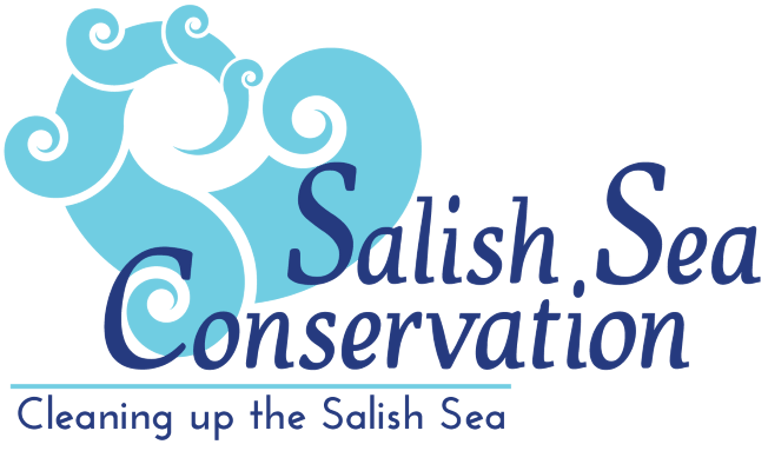short documentary about pollution on the salish sEA, which demonstrates how just two people can make a difference. The opening scene is two volunteers who picked up 25 pounds of mostly plastic on a small beach in less than 30 minutes. This is a short version of the original documentary that was about 50 minutes long.
Why is it important ?
Plastic pollution is the most widespread problem affecting the marine environment. It also threatens ocean health, food safety and quality, human health, coastal tourism, and contributes to climate change.
Impacts on marine environment
The most visible and disturbing impacts of marine plastics are the ingestion, suffocation and entanglement of hundreds of marine species. Marine wildlife such as seabirds, whales, fishes and turtles, mistake plastic waste for prey, and most die of starvation as their stomachs are filled with plastic debris. They also suffer from lacerations, infections, reduced ability to swim, and internal injuries. Floating plastics also contribute to the spread of invasive marine organisms and bacteria, which disrupt ecosystems.
Impacts on food and health
Invisible plastic has been identified in tap water, beer, salt and are present in all samples collected in the world’s oceans, including the Arctic. Several chemicals used in the production of plastic materials are known to be carcinogenic and to interfere with the body’s endocrine system, causing developmental, reproductive, neurological, and immune disorders in both humans and wildlife. Toxic contaminants also accumulate on the surface of plastic materials as a result of prolonged exposure to seawater. When marine organisms ingest plastic debris, these contaminants enter their digestive systems, and overtime accumulate in the food web. The transfer of contaminants between marine species and humans through consumption of seafood has been identified as a health hazard, but has not yet been adequately researched. This is quoted from: International Union for Conservation of Nature. Click here to read more: IUCN
© 2020 - 2026 Salish Sea Conservation. All Rights Reserved
